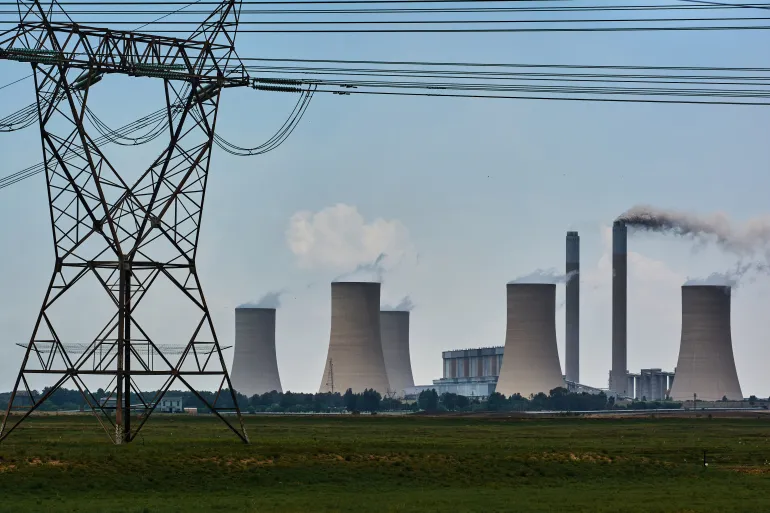Global Partners for Development (GPFD) is a non-governmental organization (NGO) with more than three decades of expertise in executing health and clean water initiatives within East African communities.
While GPFD leads community engagement, 374Water brings technological innovation to the partnership, aiming for sustainable solutions in waste and wastewater treatment.
As the pioneering initiative in a developing nation, the project serves as a working facility and model, featuring advanced wastewater treatment technology and a replicable data model for future use.
The partnership underscores a commitment to be sustainable, offering guidance for communities in the Great Lakes region and beyond.
The collaboration aims to implement advanced wastewater treatment in the Homa Bay Blueprint while creating a replicable model for water treatment initiatives.
It also seeks to empower local communities with lake water quality information and promote a circular economy by recycling resources extracted during the sanitation process.
The project seeks to enhance local life by introducing advanced water treatment and fostering a circular economy, ensuring access to clean water and generating new business opportunities.
Additionally, it serves as a model for climate resilience in Africa, demonstrating how innovative solutions can address environmental challenges.
The Homa Bay Blueprint seeks to transform water treatment in the region, aspiring to enhance water quality, economic growth, environmental responsibility, and social development.
Designed as a sustainable ecosystem, the project serves as a model for global sanitation, guiding communities in Africa and beyond.
READ ALSO:
Powering Progress: Unpacking the India-Nigeria Renewable Energy Memorandum of Understanding
Additionally, the project advocates for a circular economy by recycling resources from the water sanitation process and generates new market opportunities.
To ensure long-term sustainability, it involves local workers and materials in the facility’s construction, providing training for local staff to manage and operate the facility.
The project aims to improve the local population’s well-being by providing access to clean water and boost the region’s economic potential through the creation of new business opportunities.
Additionally, it seeks to serve as a symbol of climate resilience in Africa, showcasing innovative solutions to address environmental challenges.
The Homa Bay Blueprint is expected to significantly impact local communities by revitalizing the lake’s ecosystem, creating prosperity beyond Homa Bay.
The project aims to benefit vibrant communities around Lake Victoria’s shores, promoting a sustainable and healthier future for the region.
Aligned with the Homa Bay County Climate Change Policy, the collaboration aims to address climate change impacts across sectors, striving for low-carbon, climate-resilient, and sustainable development through specific measures.
The Homa Bay Blueprint prioritizes environmental sustainability by addressing the adverse effects of farming and community pollution on Lake Victoria’s health.
This commitment is reflected in initiatives like advanced wastewater treatment, creating a replicable model, and promoting a circular economy.
Additionally, the blueprint aims to enhance resilience and address environmental challenges by establishing a local-powered data hub for lake water quality information.
The project emphasizes local engagement and a circular economy through resource recycling to boost climate resilience in the region.
The collaboration achieved milestones by launching an initiative to revolutionize water treatment and developing a comprehensive clean water project.
Additionally, it successfully integrated environmental stewardship, community empowerment, and a circular economy approach into the project.
The Homa Bay Blueprint has positively affected the community by providing clean water access, improving quality of life, and creating new business opportunities through resource recycling.
Additionally, it empowers local entities with comprehensive lake water quality information to address pollution sources and ensure safer activities like fishing and water collection.
The project demonstrates commitment to community involvement through a locally powered data hub for collecting, analyzing, and distributing lake water quality information.






